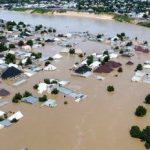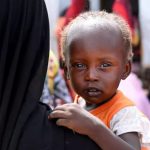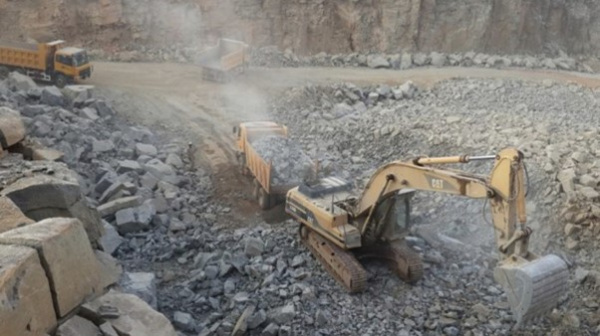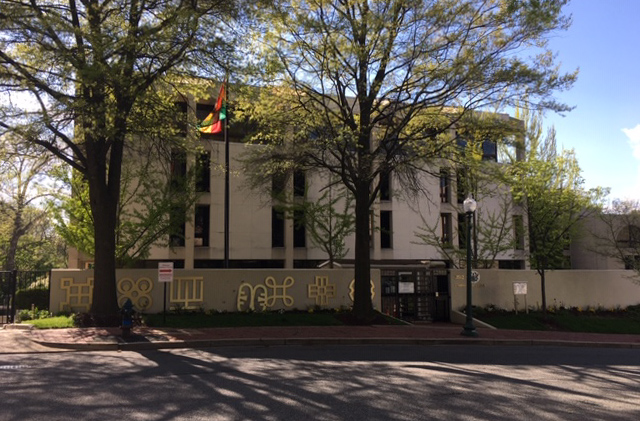
The International Monetary Fund (IMF) has predicted that Nigeria’s economy will reach $1.85 trillion by 2029 in terms of Purchasing Power Parity (PPP). However, this optimistic projection contrasts sharply with the nation’s ongoing economic challenges.
Purchasing Power Parity (PPP) is a metric that compares the economic productivity and living standards between countries by considering the cost of living and inflation rates. PPP helps to provide a more accurate measure of an economy’s size and how far money goes for citizens.
Nigeria’s Gross Domestic Product (GDP) in PPP terms has steadily increased from $1.36 trillion in 2023 to a projected $1.852 trillion in 2029. While the IMF predicts a slight increase in Nigeria’s share of global GDP from 0.77 per cent in 2023 to 0.78 per cent by 2029, these figures may mask deeper economic issues.
In recent years, Nigeria has been grappling with severe economic challenges. The country suffered a significant recession in 2020 due to the COVID-19 pandemic and a decline in oil prices, worsening economic instability. Despite being Africa’s largest economy, Nigeria has faced persistent issues such as high inflation, which soared to 33.69 per cent in April 2024. This surge in inflation is mainly due to the removal of fuel subsidies and the floating of the Naira, both of which have dramatically affected the prices of goods and services and eroded the purchasing power of Nigerians.
Moreover, projections from the IMF and a report from Afreximbank indicated that Nigeria will fall from Africa’s largest economy to the fourth largest by the end of 2024, trailing behind South Africa, Egypt, and Algeria. This decline suggests that other African economies are outpacing Nigeria regarding growth and stability.
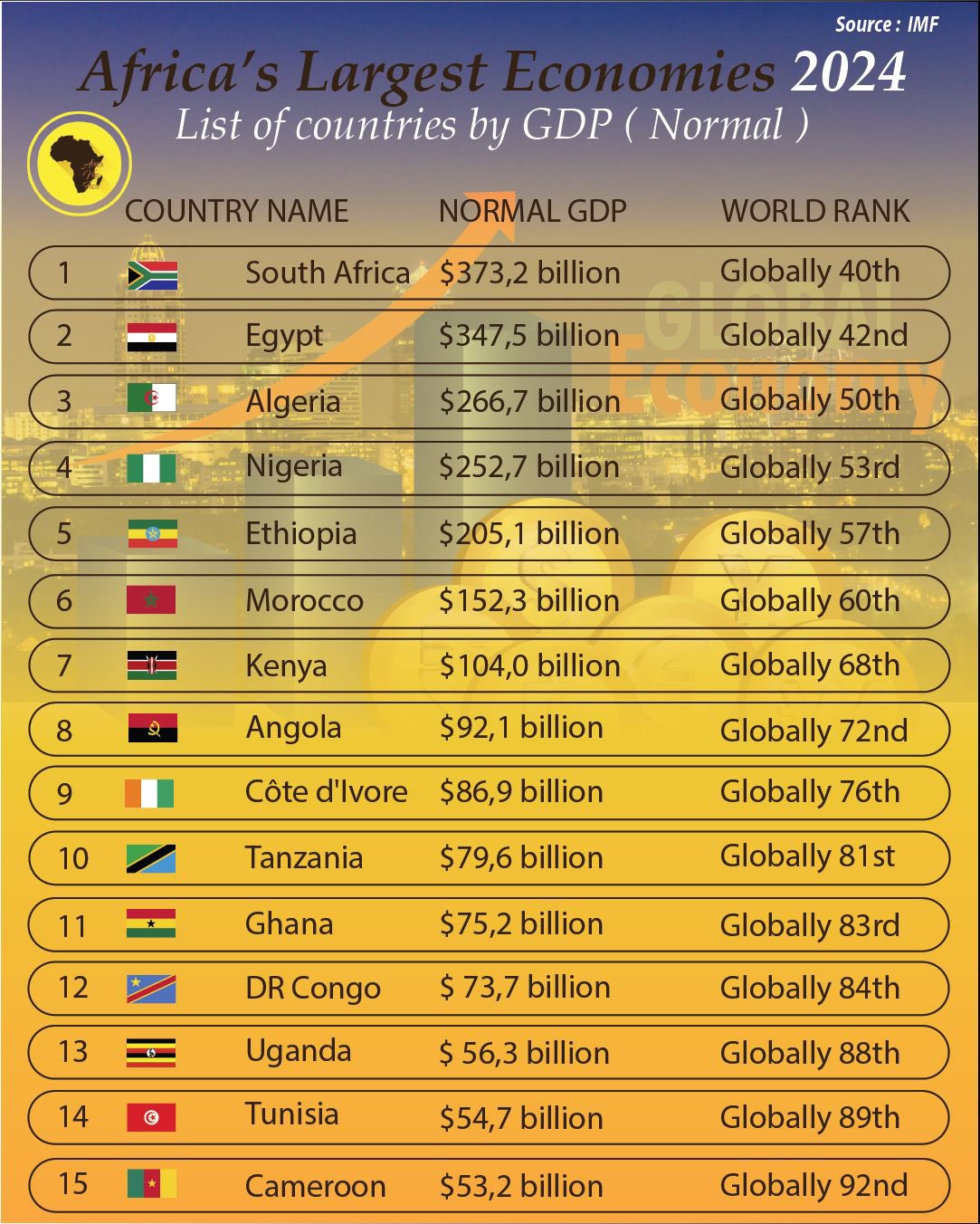
While the IMF’s PPP-based forecasts paint a picture of potential economic growth, the reality for many Nigerians remains bleak. The rising cost of living, ongoing inflation, and unemployment continue to strain households. The government’s efforts to diversify the economy and attract foreign investment have yet to translate into tangible improvements in the everyday lives of its citizens. Without significant policy changes and effective economic management, the optimistic forecasts may remain theoretical.
Read: Nigeria Among Top 20 Countries With Highest Number Of Children In Severe Food Poverty -UNICEF
About The Author
Related Articles
Cotê D’Ivoire: Thousands Rally in Abidjan as Opposition Demands Electoral Reforms Ahead of October Election
Thousands of opposition supporters gathered in Abidjan on Saturday, May 31, to...
ByJoy ChukwuJune 1, 2025Togo Stops Issuing Mining Permits to Reform Outdated Mining Code
Togo has suspended the issuance of new mining permits for prospecting and...
ByJoy ChukwuJune 1, 2025ICYMI: Ghana Shuts Down Washington Embassy Over Visa Fraud Scandal
Ghana has temporarily closed its embassy in Washington, D.C., following the uncovering...
ByJoy ChukwuMay 31, 2025Confederation of Sahel States Moves to Establish Joint Judicial Body
The Confederation of Sahel States (CSS), comprising Mali, Niger, and Burkina Faso,...
ByJoy ChukwuMay 31, 2025




